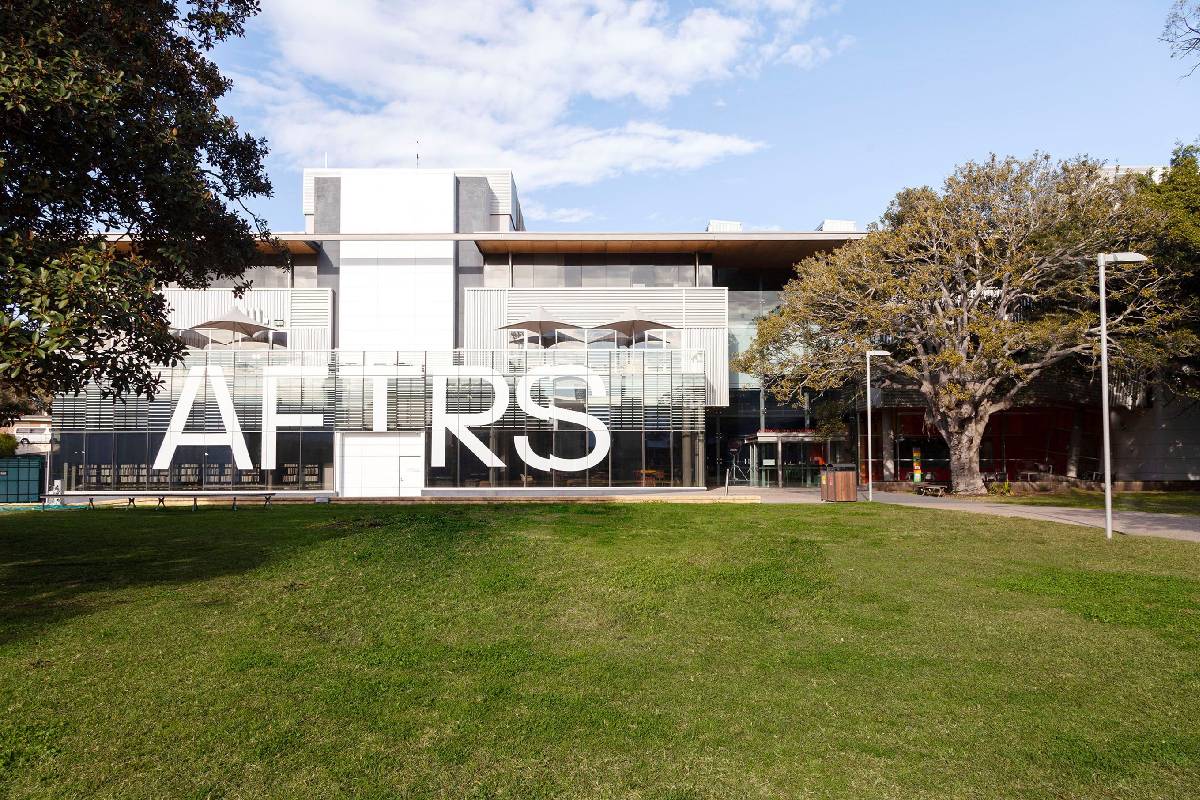Looking to break into the Australian screen and broadcast industry but don’t know quite where to begin? The Australian Film Television and Radio School (AFTRS) Short Course offerings will give you a firm grounding on which to build your screen or broadcast journey going forward.
There are around 40 short courses available, taking in aspects relating to screenwriting, directing, lighting, producing, presentation, filming, editing, prop making, production design, budgeting, comedy writing, radio, podcasting and more.
The expansive short courses are offered both online and onsite, ranging from two days to 10 weeks, and are repeated throughout the year.
There’s something in these courses for all levels of experience and skill. Entry level students will gain the tools in order to begin their journey, while already experienced practitioners have the opportunity to enhance their knowledge and skills in order to launch their career to new heights.
AFTRS’ Fundamentals courses provide beginners in the field the opportunity to learn the ropes about a huge variety of skills and practices, including radio, writing a TV series, producing, voiceover, editing, budgeting, and narrative comedy writing.
“This course was a fantastic introduction for me into writing and developing for television and Susan Bower was a wonderful lecturer,” says Benjamin Clements, a student from the Writing A TV Series class. “She clearly had excellent experience and gave brilliant feedback. The course was paced exceptionally well, allowing the feeling of safety when doing the exercises and answering questions.”
AFTRS’ Intensives offer a deep dive that allows for creators to get creating in a diversity of fields, including directing, video making, TV and radio presenting, documentary, prop making.
Love Film & TV?
Get your daily dose of everything happening in music, film and TV in Australia and abroad.
“It’s the creative, hands on approach,” says student Elizabeth Franklin of the Prop Making and Scenic Art Intensive. “We were given free reign in terms of design but supported and helped along the way with both the technical and creative aspects of all the skills we learned.”
Moving on up a little, Industry certificate courses allow you to upskill with practical, and outcome focussed non-award short courses, covering camera assisting, TV assistant editor, post producer, production accounting and TV shooter/producer.
AFTRS’ Industry Partnerships courses are delivered with leading industry bodies such as Screen Producers Australia to bring you specialised industry relevant short courses like Screen Business Essentials and Screen Business: Navigating Growth. These courses highlight both AFTRS’ close collaboration with industry, and relevance for industry practicioners.
There are also corporate offerings through AFTRS for Business short courses such as: Podcasting for your Brand, Storytelling for Business, Mobile Content Creation and Presentation Skills for Online, the latter with multiple Walkley Award winning author, journalist and broadcaster, Tracey Spicer AM.
Just some of AFTRS expert tutors include Intro to Screenwriting lecturer, Thomas Wilson-White, who most recently wrote the highly successful Heartbreak High reboot for Netflix ANZ and Fremantle. Award-winning-filmmaker Lucy Gaffy leads the Directing Intensive course and Director’s Journey with Lucy Gaffy. While fellow award-winning filmmaker, Amin Palangi delivers the Intro To Directing course. Australian comedy icon Tim Ferguson presents the Narrative Comedy Fundamentals course and the Comedy Writers Room Workshop.
“The instructor was incredibly welcoming,” says Filmmaking Intensive alumni, Ben Brewer, “and the other students created a great environment to be open in.”
AFTRS short course tutors are all expert practitioners with significant and recent industry experience. They will open you up to relevant practical skills and knowledge to help your career on its way.
Early bird specials available are available, too. For more details, head to the official website.































